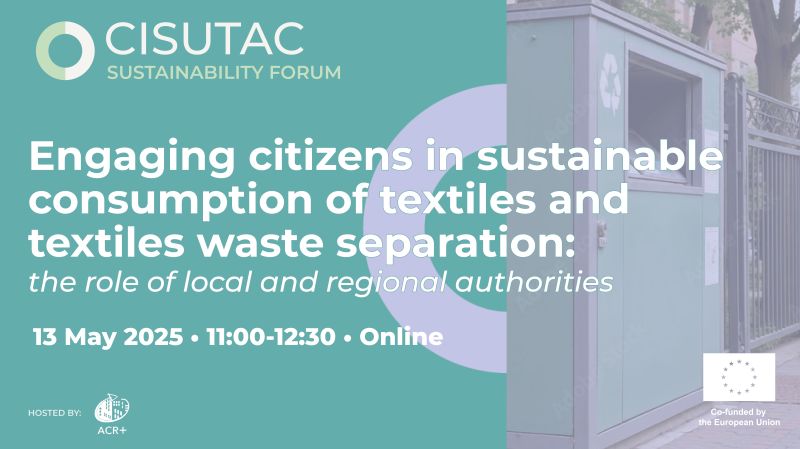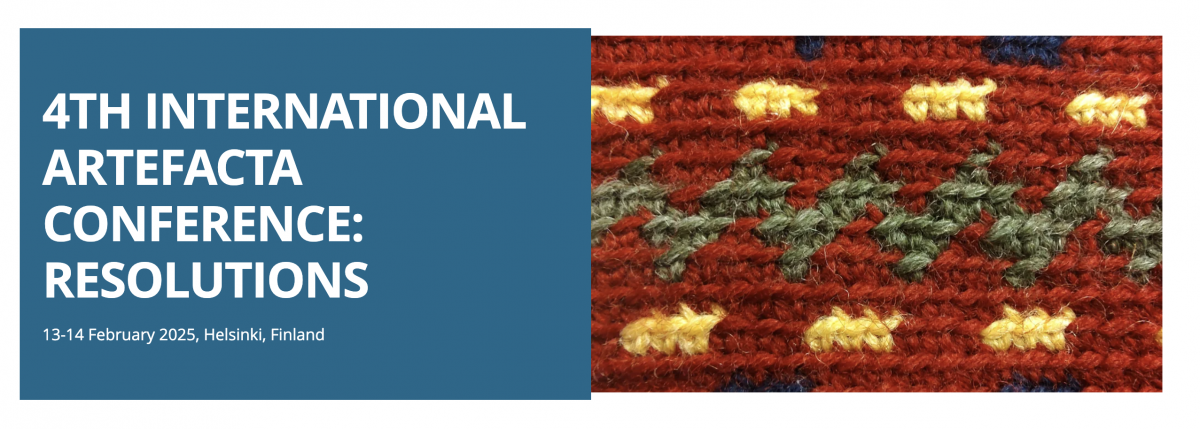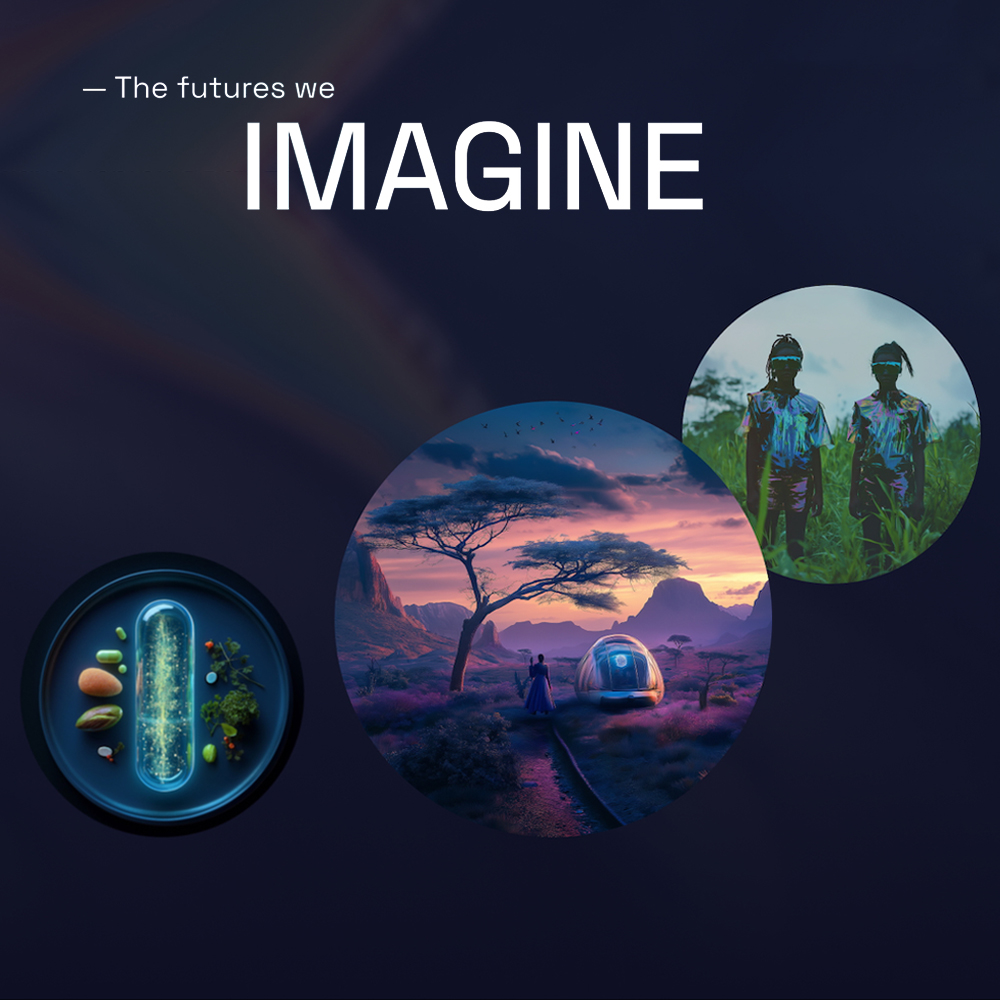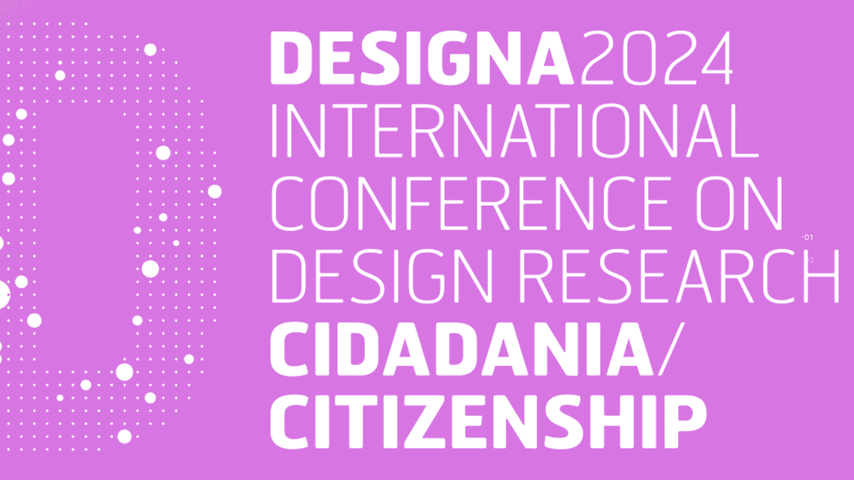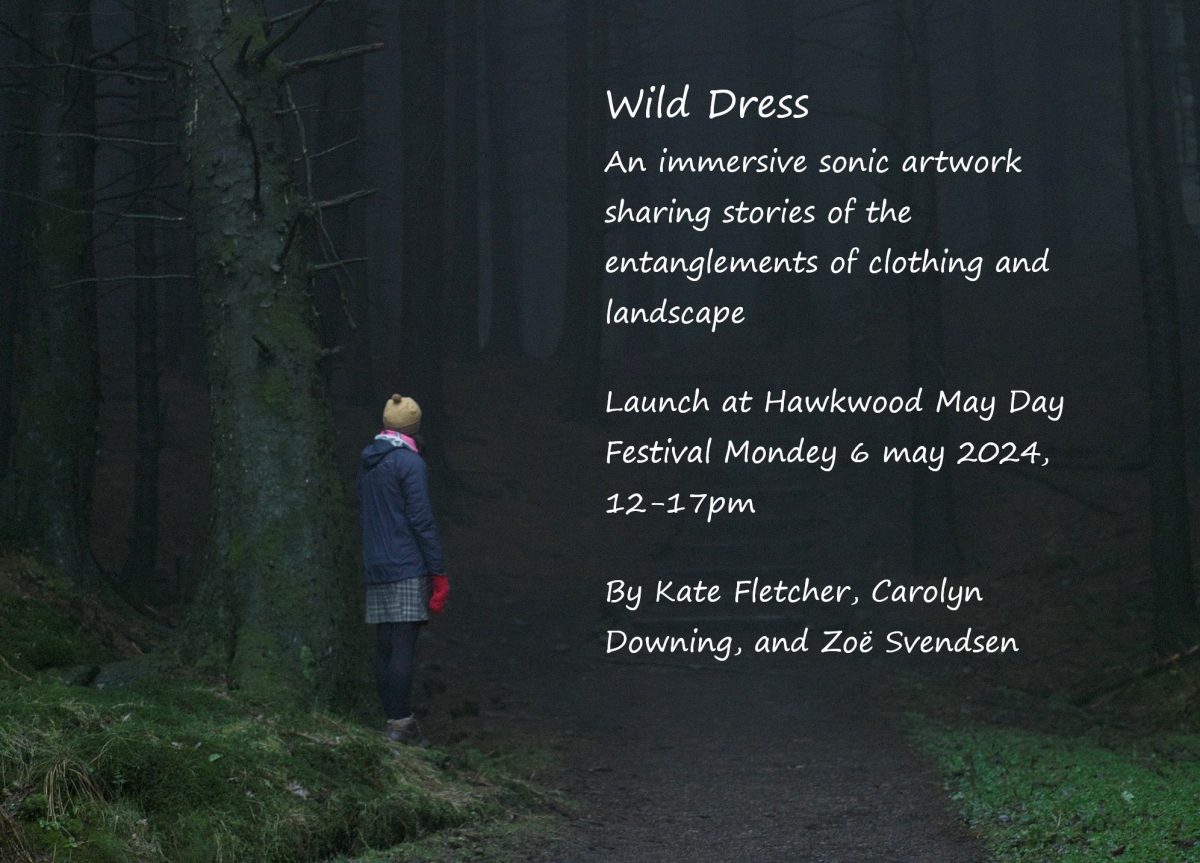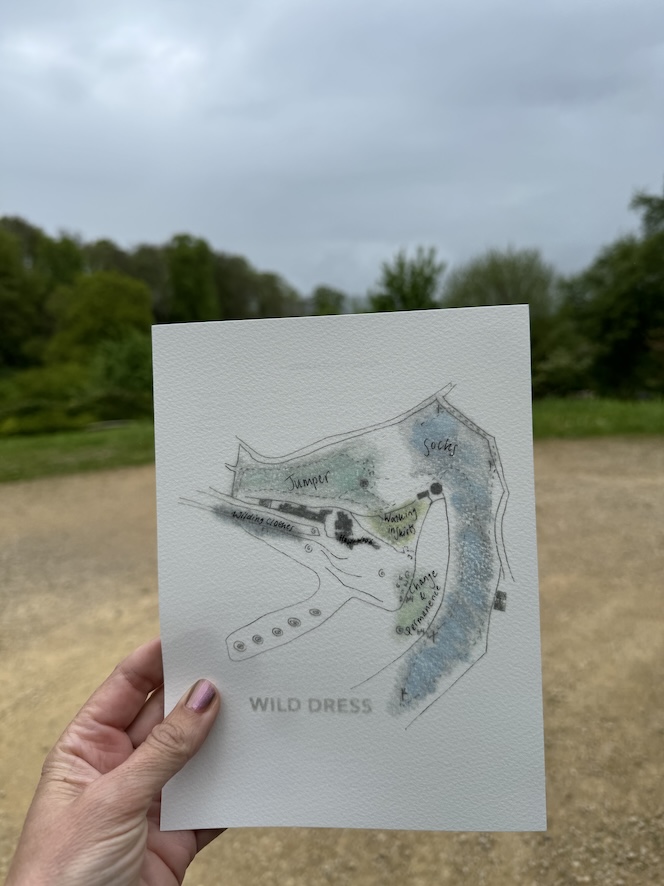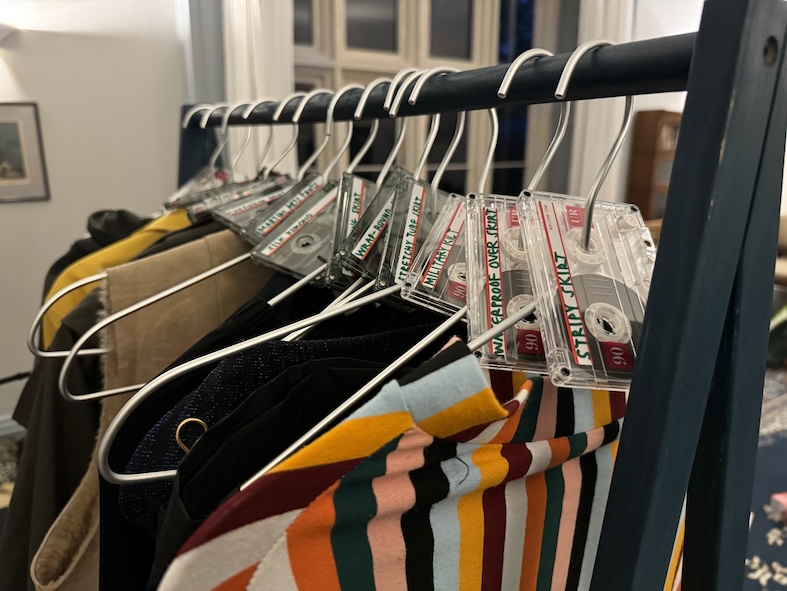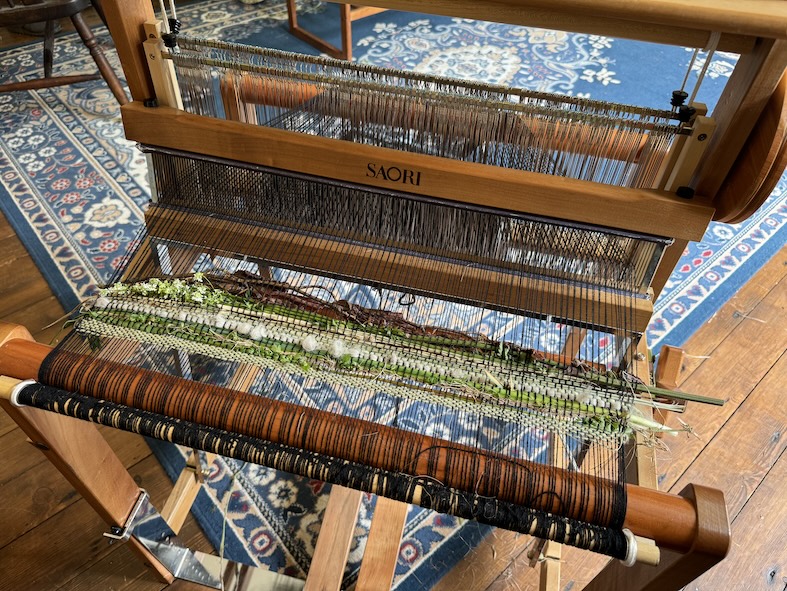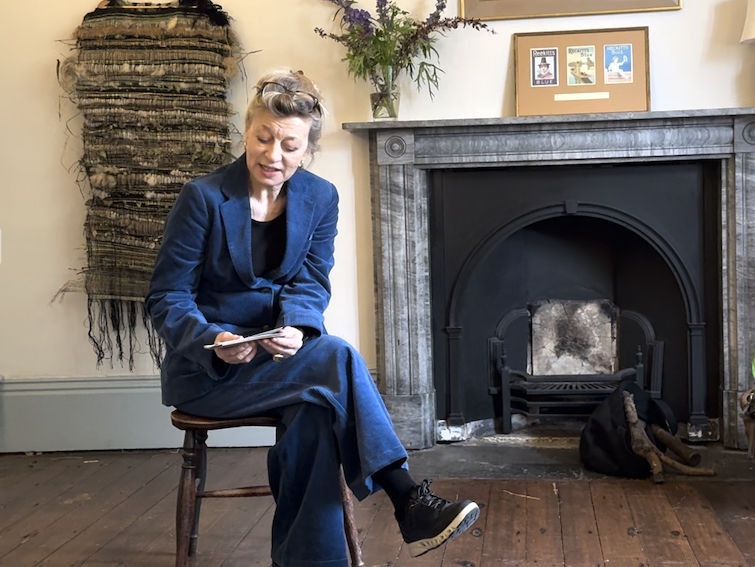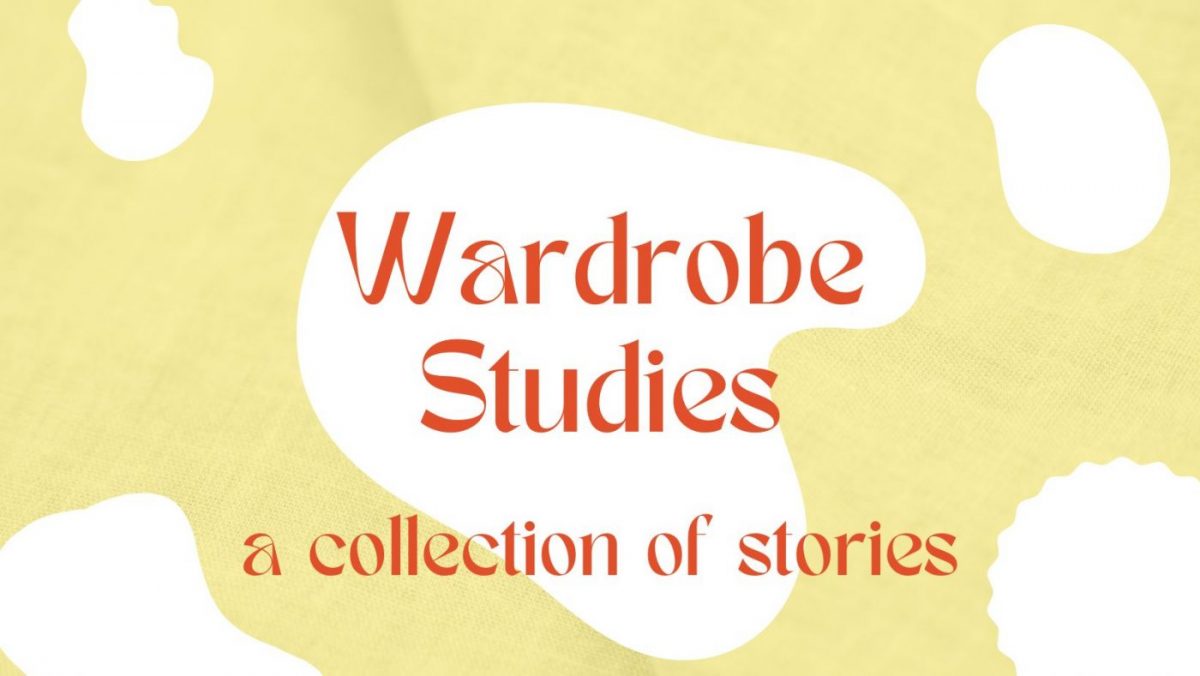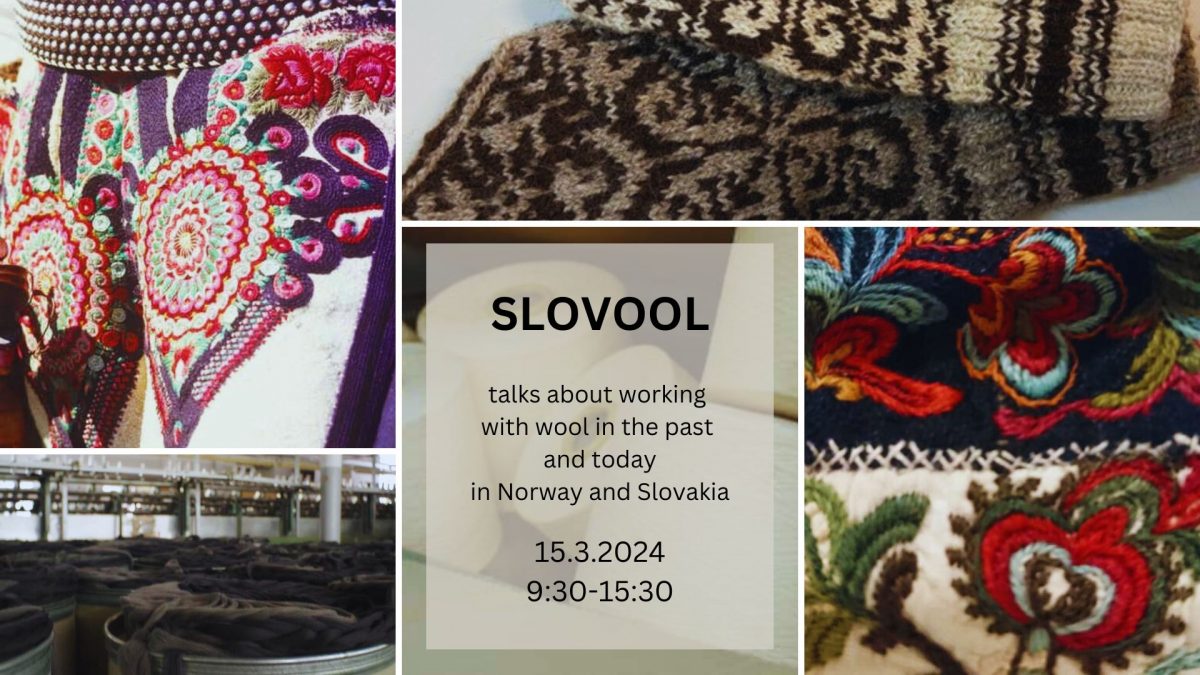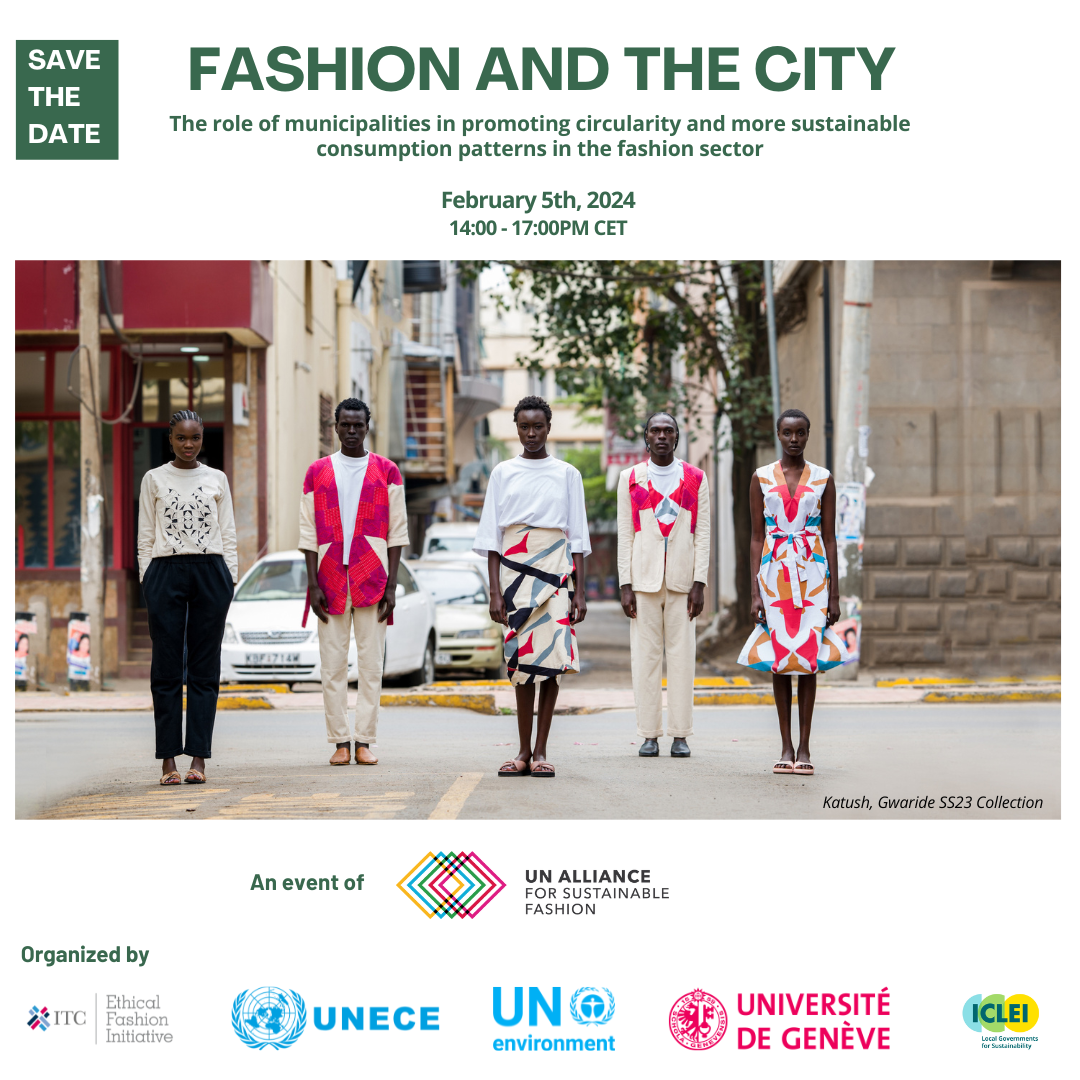How to speak so policymakers listen?
Friday 27th of June 2025 Time 11 -12:30
11th International Degrowth Conference
Sophus Bugges hus, Campus Blindern, Oslo
Sharing experiences of trying and failing to transform EU legislation in setting an upper production/import limit in rich countries – drawing on the case of clothing and textiles.
Chair of session Kate Fletcher
Organised as an interactive session of mutual learning and exchange about attempts to transform policy around setting upper limits to production/import of goods in rich countries, this session will invite dialogue between activists, community organisations, academics and more. The session will begin with a presentation about the experiences of clothing and textiles researchers and their dialogues with policy makers in the EU to limit production/import volumes. The session will then open to the floor, with discussion not limited to the case of clothing and textiles, to share the experiences of others’ policy dialogues in different contexts. Discussion may include: the type of language and terminology used, different ways of framing discussions, the channels that have proved effective, preferred approaches, among others.
This session links to the conference theme by sharing practices and actively linking degrowth theory and priorities to action for transformed futures.
Format of the session:
Presentation: 25 minutes – Professor Ingun Grimstad Klepp, SIFO, OsloMet and Tone Tobiasson, reflecting on the work with policy as part of the research project CHANGE
Facilitated discussion open to all attendees: 45 minutes

